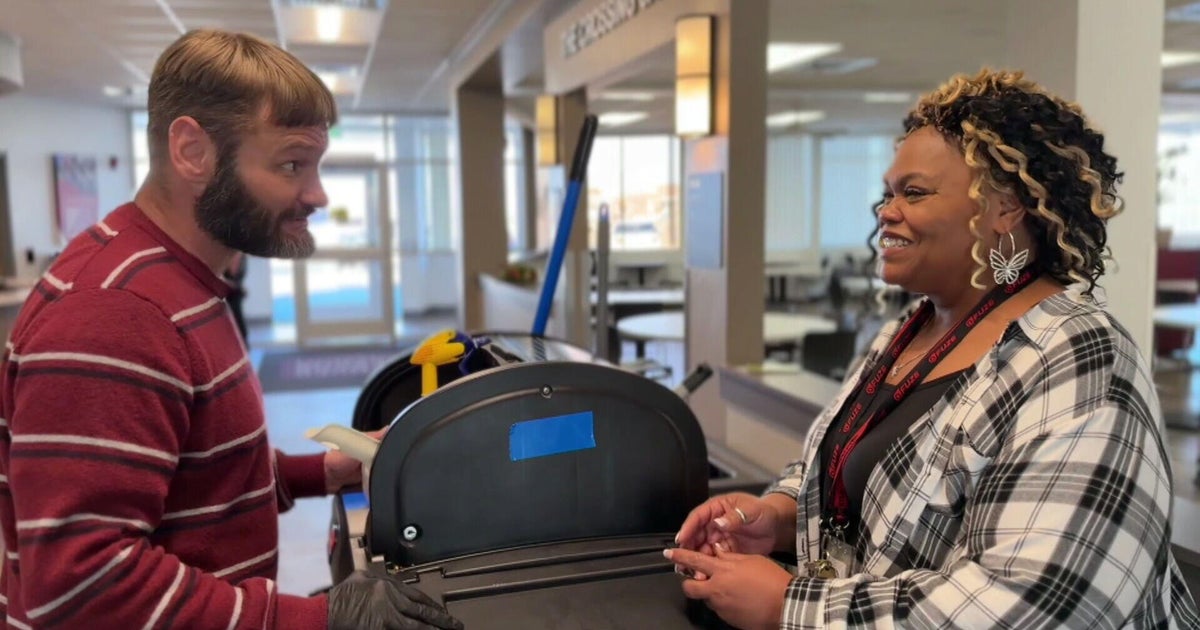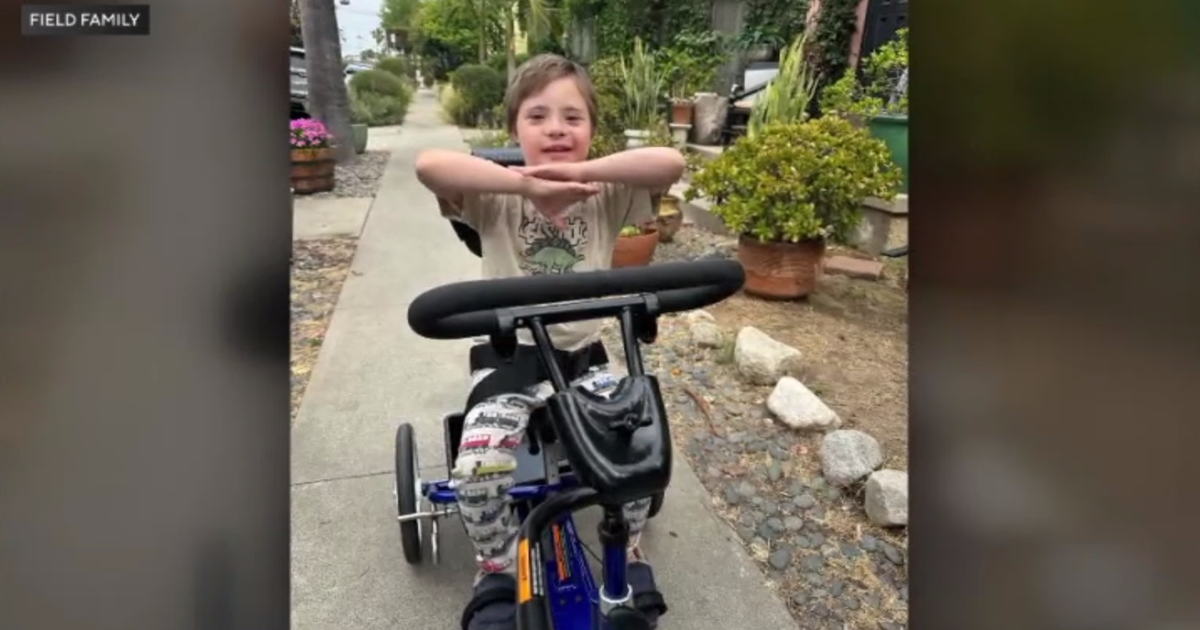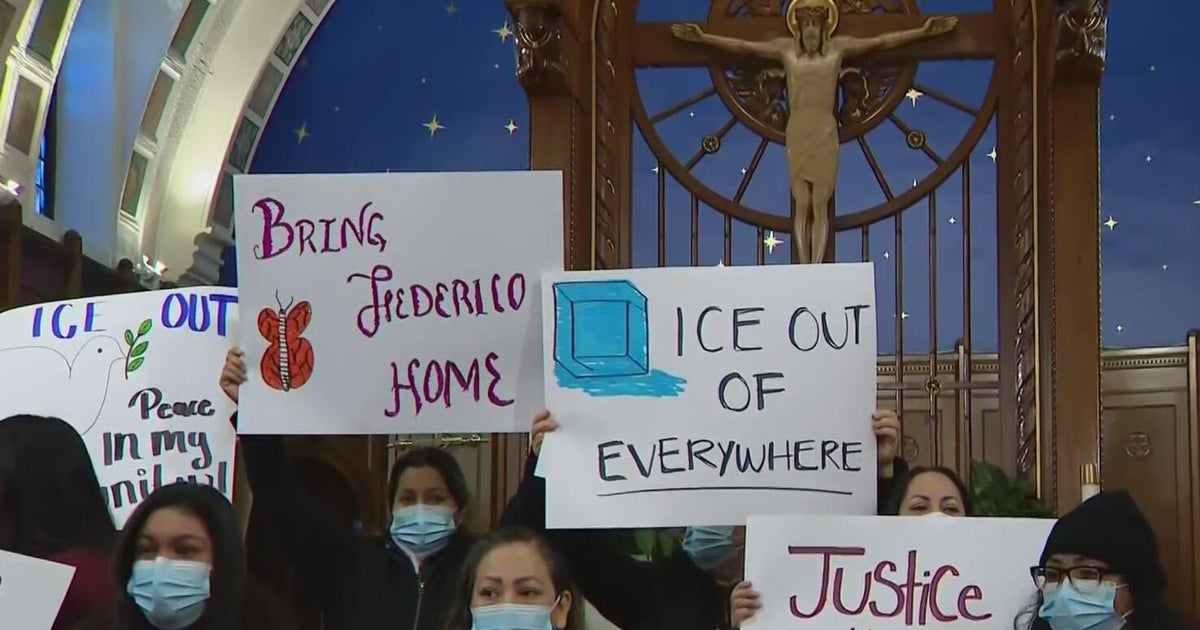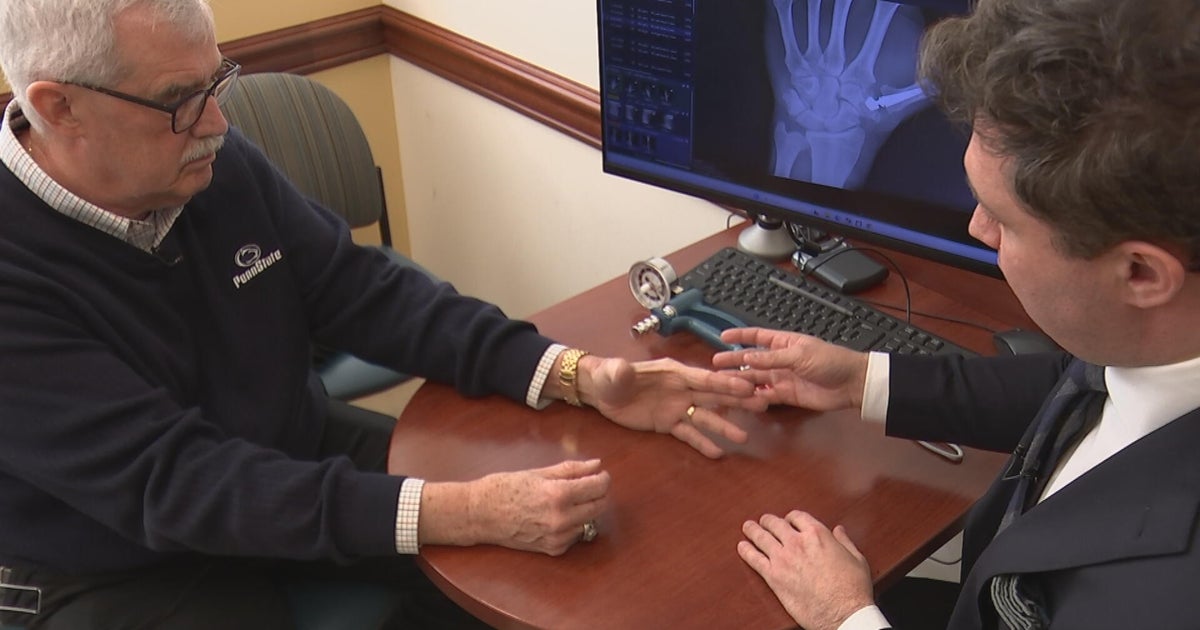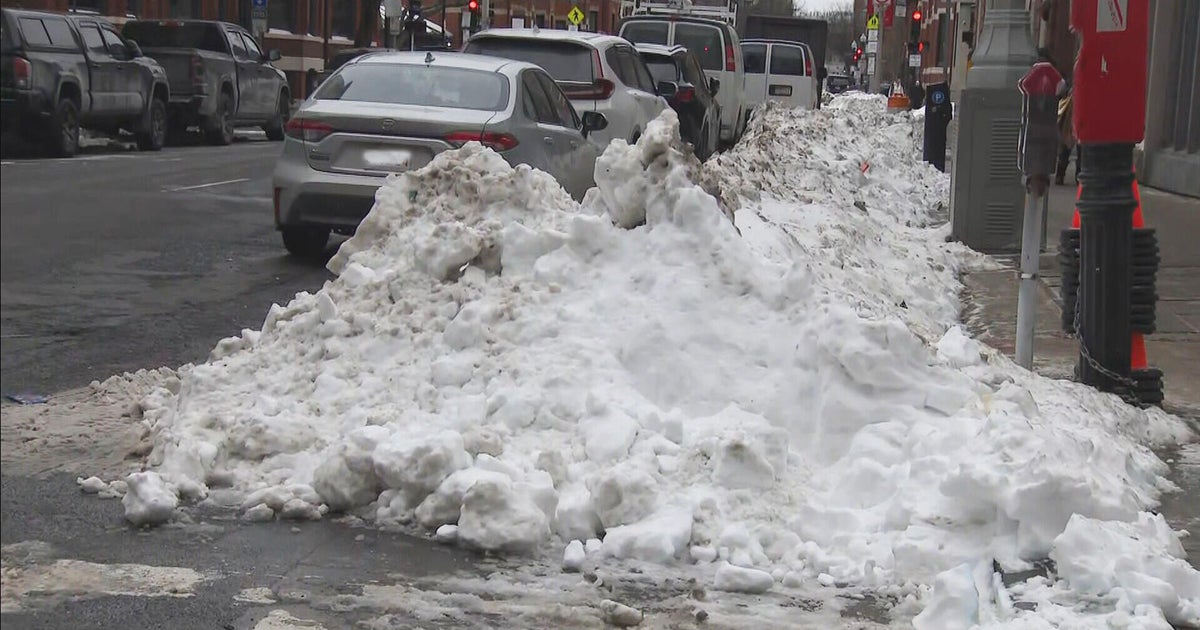Keeping Mom's Important Papers Organized
BOSTON (CBS) - CRS Syndrome. This disease begins around age 40 and it does get worse with age.
You can easily self-diagnose this one. You walk into a room and you stand there. You utter the words "What am I here after?" You have CRS. You Can't Remember Stuff!
Just think what it is like if you are 75! So a gift you can give mom is to help her sort through all of the stuff she has been saving for years and help get it organized. There is a method to my madness here for at the same time you do a search and rescue mission you can then get them in a file easily accessible.
If you can get her stuff organized, her life and probably yours will be so much easier. Every mom I know has stuff she has been saving for years.
As you start, remember this is her stuff and if she has saved it, she perceives there is a value.
This is a process. It will take more than a Sunday afternoon. Don't just dump stuff! Spend the time to evaluate what you do find. Make three piles. Pile 1 gets shredded or tossed, the second is a maybe pile and the third is we need to keep this in a safe place pile.
Set up a filing system that mom can access easily and print out any labels in large block letters so she can read them. Now start to collect the stuff from the various places that mom has stashed them.
Does she have a safety deposit box? Ask if you can go with her and take inventory of the contents?
Head to my website and print out a copy of the Document Locator and fill it out. Keep a copy for you and give a copy to mom.
Helping her get organized will ease some of her stress and will help you if you become more involved with her finances.
Start making lists, lots of lists. Make sure you leave a copy for mom and you should have a copy as well. Here's a start:
- Professional/Personal directory – basically her data base
- Social Security number
- Investments with account numbers
- Pin numbers
- Inventory of the safety deposit box
- Important papers and where they can be located such as birth certificates, marriage license, deeds, titles to the cars
- Insurance policies
- Regular monthly bills such as the telephone, electric, gas, rent.
- Credit cards numbers and the balances if any
- Tax returns for the last 6 years
- Estate planning documents
- Prescriptions she is taking and why; check for drug interactions
- Inventory of the home's contents
Just opening the mail and organizing bills for an older person can become overwhelming. If they live nearby, ask them if they would like you to come by and help with the bill paying. They will sign the checks but you will balance the checkbook and take care of the paperwork for them. Emphasize that they are still in control. You are just the bookkeeper. If they live far away, consider hiring someone to help them.
AARP's magazine published a list of essential documents that we all should have in regard to our personal health history. They included:
- Emergency contacts, including phone numbers and email addresses
- Physician contacts, including specialists and dentists
- Health insurance information
- Health Care Proxy
- Organ-donor authorization, if any
- Current medications and dosages
- Significant illnesses and surgeries, with dates
- Immunizations and their dates
- Allergies or other sensitivities
- Results from most recent physical
- Test results, eye, and dental records
- Family health history
- Opinions of specialists
- Correspondence with providers
